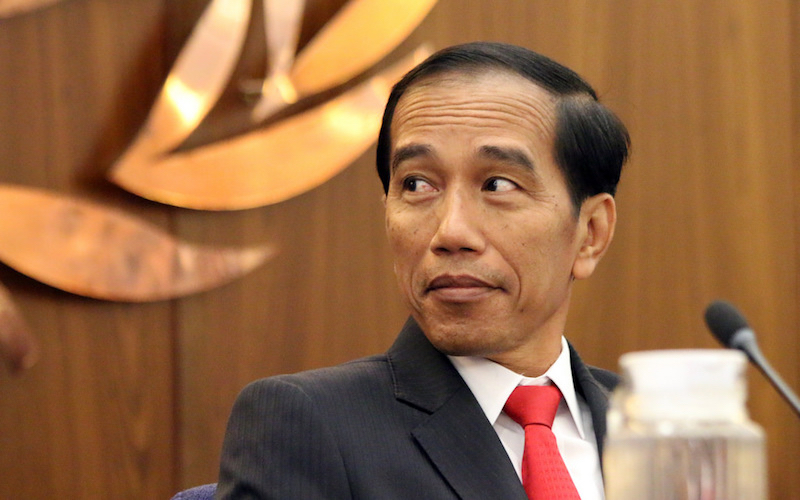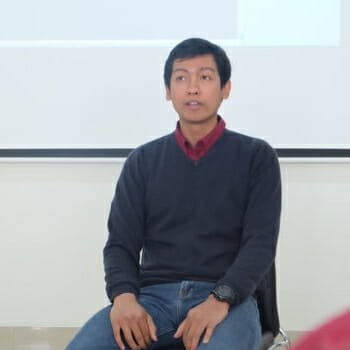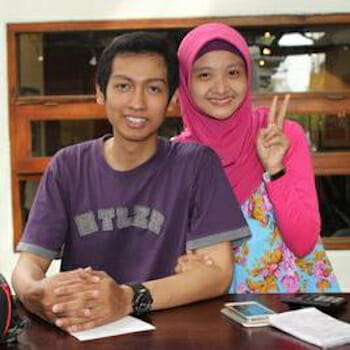
Indonesia’s Illiberal Democracy
The decision of Indonesia’s government to disband mass organizations categorized as aberrant and block the Telegram app has raised questions on the actions of the Jokowi administration. Scholars believe that the move seems to be hasty without considering the rule of law, the right to assemble and the voice of the citizens.
Relating to the rule of law, some constitutional law experts in Indonesia like Yusril Ihza Mahendra believe that the Perppu is unnecessary since the Law Number 17 Year 2013 on Societal Organization is arguably sufficient to regulate any organization’s behavior. However, the government is likely to use a shortcut by issuing the Perppu in order to manage mass organizations in Indonesia. As regulated in the Article 68 of the Law Number 17 Year 2013 on Societal Organization, mass organizations violating legal provisions may be dissolved by court decision. By issuing the Perppu, the government has an opportunity to disband mass organizations without a court decision.
The Perppu is also believed to signal the step back of democracy in the country since it possibly threatens citizens’ rights to assemble. It is possible that every organization described as a ‘threat’ by the government’s interests can be blocked without a valid reason and a legal foundation. Blocking the Telegram app, is also considered by some citizens as a violation of their right to speak. Preventing terrorism action by blocking a particular social media site that is allegedly used by terrorists to communicate seems not to be an effective solution to the problem. This is like prohibiting the sale of pressure cookers to deal with terrorism since pressure cookers are commonly used by terrorists in Indonesia to make bombs.
In short, the policies taken by the government recently demonstrate that the government tends to be anti-dialogue. The government can interpret the problems and the solutions without having proper procedures and sufficient discussion. Some people fear that this represents the rise of illiberal democracy in Indonesia.
Illiberal democracy occurs when elections and other political rights as a manifestation of democratic values are carried out, but other values such as law enforcement as well as the protection of civil rights are excluded. Therefore, illiberal democracy can be said to be the antithesis of liberal democracy, characterized by free and fair elections, law enforcement and protection of civil rights.
The term of illiberal democracy was introduced two decades ago by Fareed Zakaria, in his thoughts in The Rise of Illiberal Democracy. He argues that in some cases, many countries deemed democratic are incomplete in implementing democratic values and tend to prioritize the interests of elites or rulers. With such a paradigm, by conducting a general election, it can be interpreted that democracy has been implemented. This view is certainly in line with Schumpeter’s (1943) argument which defines democracy narrowly by just holding regular elections.
The emerging cases of illiberal democracy are a threat for democratic nations because countries can become tyrannies. The Indonesian government needs to fix the problems that lead to illiberal democracy to prevent future and larger problems, namely disintegration, civil war and other chaos. There are some actions the government must take immediately. First, the government should base its actions and policies within the norm of the Constitution as both freedom of assembly and freedom of speech are guaranteed by article 28 of the Constitution. Secondly, focusing on law enforcement is better than introducing a new controversial and presumably “unconstitutional” laws. It is commonly known that Indonesia has a surplus of regulations, but is deficient in obeying the rules. Third, as a democratic nation, the government of Indonesia should position the citizen as a principal. The government, as an agent, has to listen and accommodate what the principal wants through some dialogue forums. Of course, it is almost impossible to grant all demands of citizens. At least, the government can listen and respond wisely and be accountable for what it chooses to do.


